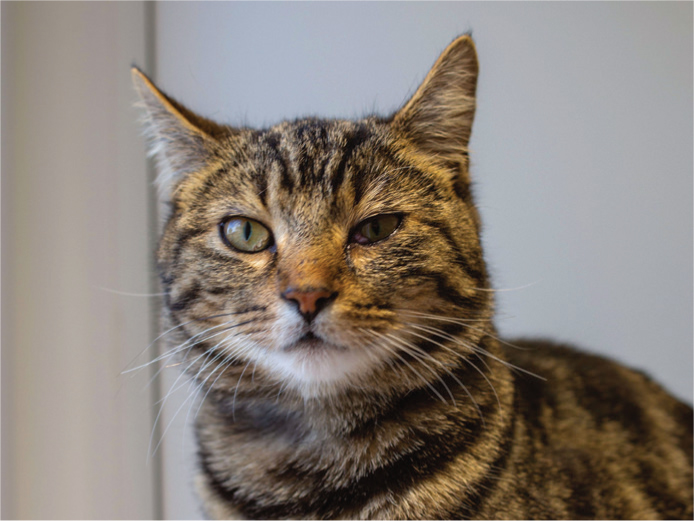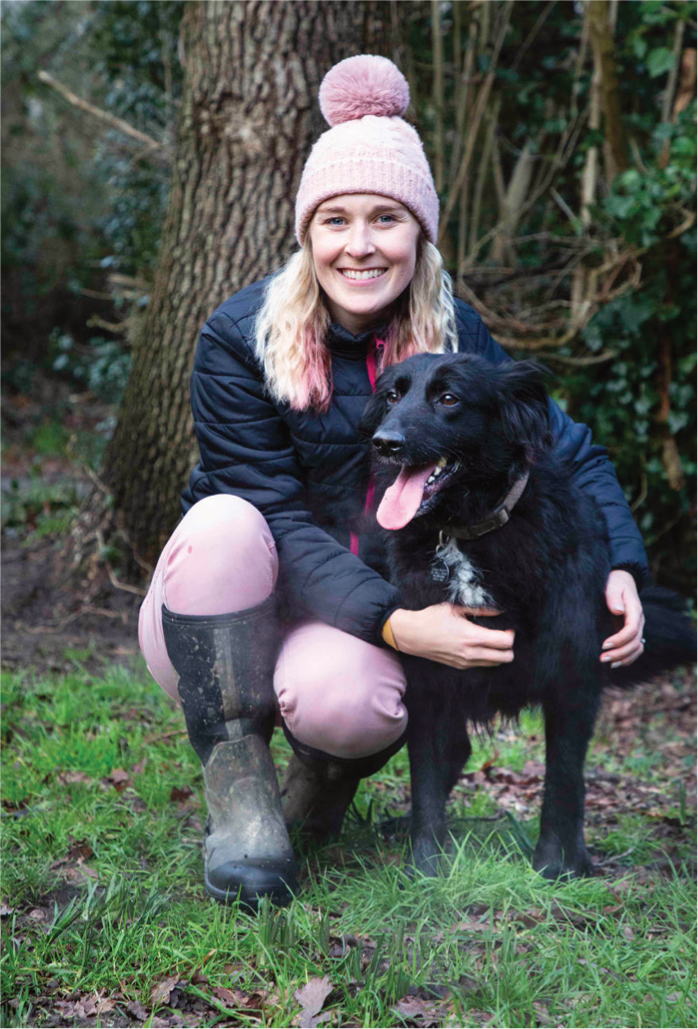While 4.7 million households (17%) have acquired a new pet since the start of the pandemic, sadly 3.4 million (12%) have given up a pet over the last year.
Although over a half (57%) of new pets have been welcomed into homes with children (2.7 million households), Gen Z and Millennials represent 53% of those owning new pets (2.6 million households). 25% (1.2 million) are 16–24 year olds and 29% (1.4 million) are 25–34 year olds. Almost one quarter (23%) of the people in these age groups have been unable to keep their pet and 71% of all relinquishments can be attributed to this demographic (2.1 million households). Looking at which pets were relinquished, 60% gave up a dog, 45% a cat and 4% ‘other’, indicating some overlap. Anecdotally, rehoming centres are seeing more small mammals such as rabbits.
Unfortunately, PFMA is not surprised to see these strong figures. However, on closer inspection, we are concerned about the number of owners who have given up their pet. We are keen to investigate why owners are giving up their pets and where they are being relinquished. We believe that many pets are being sold on to recuperate funds, in addition to being taken to rehoming centres. We are working closely with the Canine and Feline Sector Group (CFSG), plus other animal welfare charities, to identify what the pet care sector can do to support owners and prevent this from happening.
The main reason 16–24 year olds gave up a pet was a change in living arrangements with 34% citing this factor. 23% claimed financial obstacles and 22% identified a change in working arrangements. Behavioural concerns were a reason for 13% of those who relinquished in this age group. For those slightly older, aged 25–34 years old, both working and living arrangements were an issue affecting 41% and 39% respectively. The research revealed that 40% of owners do not have pet friendly offices with an extra 11% unsure.
The PFMA believe there is a need to boost the provision of pet-friendly policies at work and in rental accommodation. There are some excellent campaigns focused on this. We also need to ensure that potential pet owners are aware of the full implications of pet ownership and the significant responsibility that comes with a new family member.
It is widely acknowledged that household bills will be increasing over coming months, and this puts an extra financial strain on many families. We are active in supporting pet ownership education campaigns such as National Pet Month, and we work to promote the many excellent resources provided by the network of UK charities and welfare organisations. Woodgreen, for example, have a service whereby struggling owners are supported in their own homes. Rehoming centres should always be the first port of call for owners unable to cope.
Pets are wonderful additions to the family, but owning a pet is a huge responsibility and people need to do their research.


Resources to support pet owners:
- https://woodgreen.org.uk/events/
- https://www.rspca.org.uk/adviceandwelfare/pets/dogs/training
- https://www.battersea.org.uk/pet-advice/dog-advice


